Network members
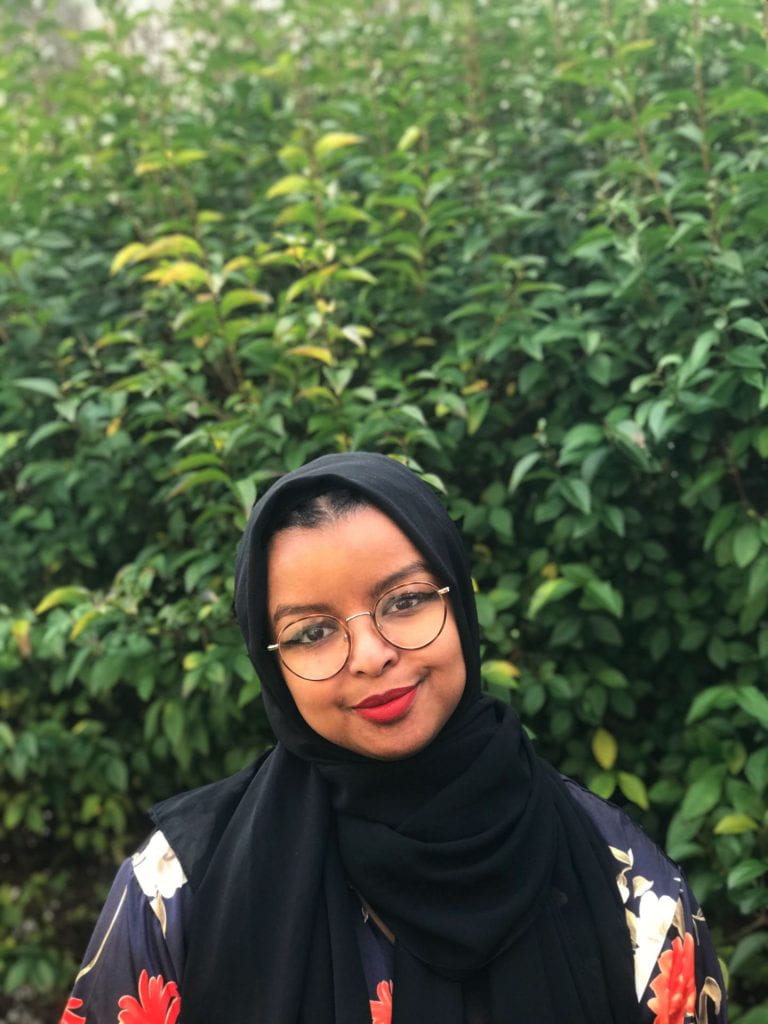
Kariima Ali’s current research project at Roehampton is entitled ‘Exploring the History of Black Women’s Mental Health Organising in Britain from the 1970s – Present Day’ is a collaborative research degree with the Black Cultural Archives.
Kariima’s project is focused on the history of Black women’s mental health campaigning in Britain and seeks to redress the erasure of Black women’s collective agency in contemporary thinking about social change particularly within the health sector. She’s interested in utilising archival collections to analyse and offer new perspectives on how Black women undertook critical political analyses and turning them into praxis.
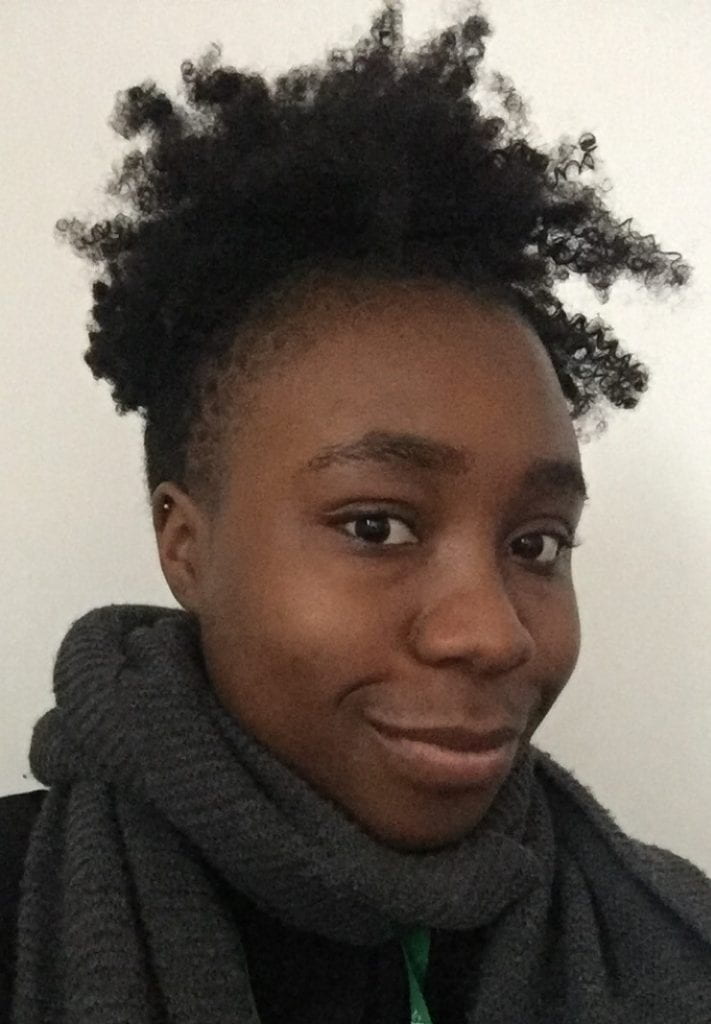
Kelechi Anucha is a PhD candidate working on the relationship between time and care in contemporary end-of-life narratives, as part of the Wellcome-funded research project Waiting Times. She completed her MA in Modern Literary Studies at Goldsmiths College, University of London.
Her MA dissertation considered posthuman visions of the body in twentieth century speculative fiction and as part of the ‘Mediterranean Imaginaries’ Erasmus program between Goldsmiths and the University of Malta, she examined the aesthetics of ‘late style’ in J.M. Coetzee’s short story ‘As a Woman Grows Older’.
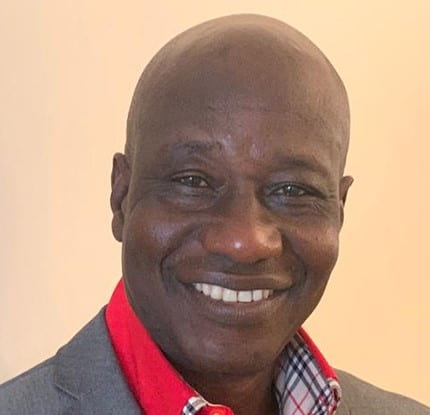
Maxwell A. Ayamba is a PhD research student in Black Studies, Department of American & Canadian Studies, University of Nottingham.
Maxwell is an environmental journalist and former Associate Lecturer/Research Associate at Sheffield Hallam University. He is founder/co-ordinator of the Sheffield Environmental Movement. He co-founded the 100 Black Men Walk for Health Group in 2004 which inspired the national play, “Black Men Walking”.
Maxwell was the first Black person on the Ramblers Association Board and a Board Member of the Imperial College’ Open Air Laboratories (OPAL) Explore Nature project. He has also published research papers, conference abstracts and articles in relation to BME communities and the environment.
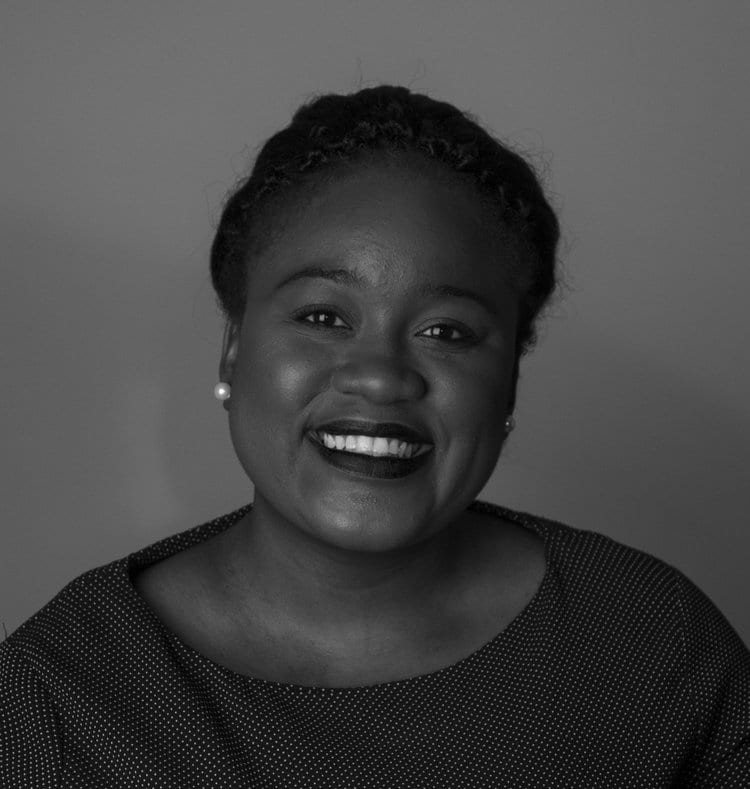
Chantal Bright’s research seeks to advance the understanding of water security and peacebuilding in fragile and conflict-affected situations, examine the impact of water resource policies has on environmental peacebuilding, and offer an ecofeminist perspective to water management for peace.
To achieve this, the study will apply mixed-methods research design and combine data from a structured survey, archival data, in-depth interviews and focus groups with academic, government, and non-governmental practitioners in Liberia.
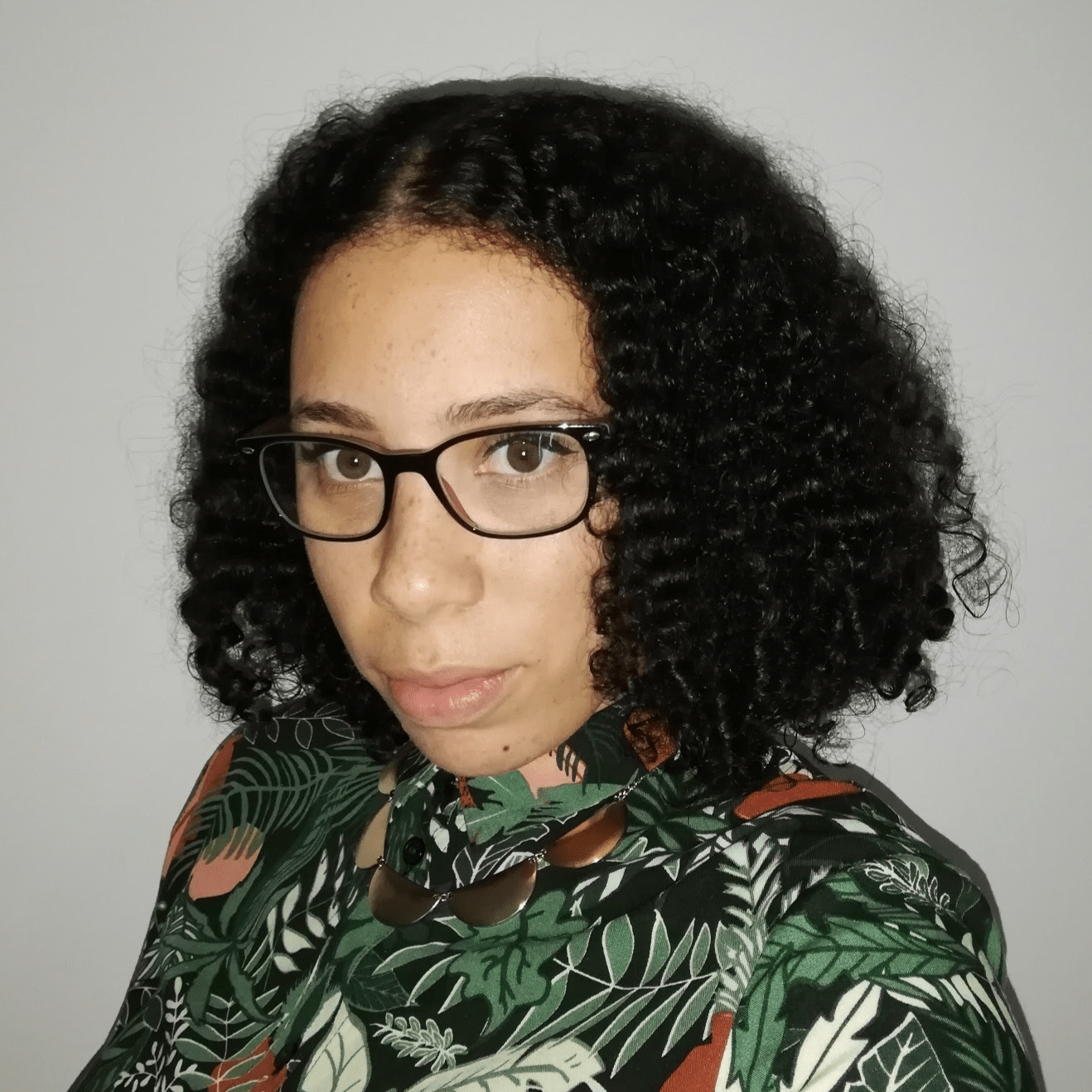
Parise Carmichael-Murphy is a second year PhD Student at the Manchester Institute of Education, University of Manchester. Her interests are Black feminist thought, childhood and adolescence, identity, and education policy. Her thesis draws upon intersectionality whilst focusing on age as a social location, to understand the social determinants of adolescent boys’ mental health and wellbeing in education.
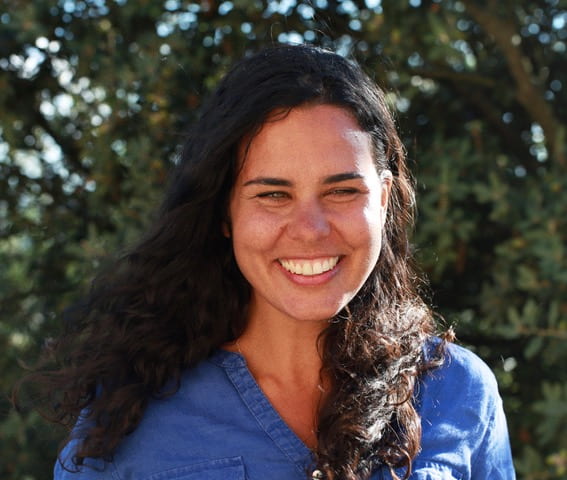
Lara Choksey is a Postdoctoral Research Fellow in the Wellcome Centre for Cultures and Environments of Health at the University Exeter, and a Visiting Research Fellow at the UCL Sarah Parker Remond Centre for the Study of Racism and Racialisation. Her research interests include science and technology studies, world-systems theory, and cultural studies, with a particular interest in speculative fiction and poetics.
She is currently working on a project on environmental racialisation in Francophone and Anglophone literatures, and she is the author of Narrative in the Age of the Genome: Genetic Worlds (Bloomsbury 2021).
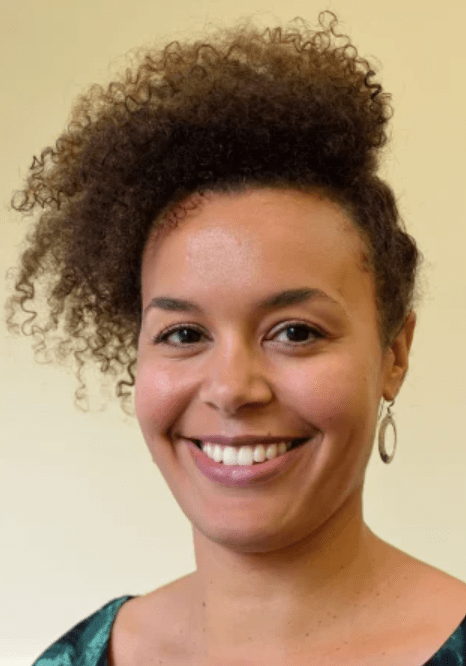
Josie Gill is Senior Lecturer in Black British Writing in the Department of English at the University of Bristol. Josie’s research focuses on contemporary literature, in particular on Black British, Caribbean and African American writing.
Josie is interested in where and how literary and scientific ideas intersect with regard to questions of race. She is the author of Biofictions: Race, Genetics and the Contemporary Novel (Bloomsbury 2020) and is the Principal Investigator of the Black Health and the Humanities project.
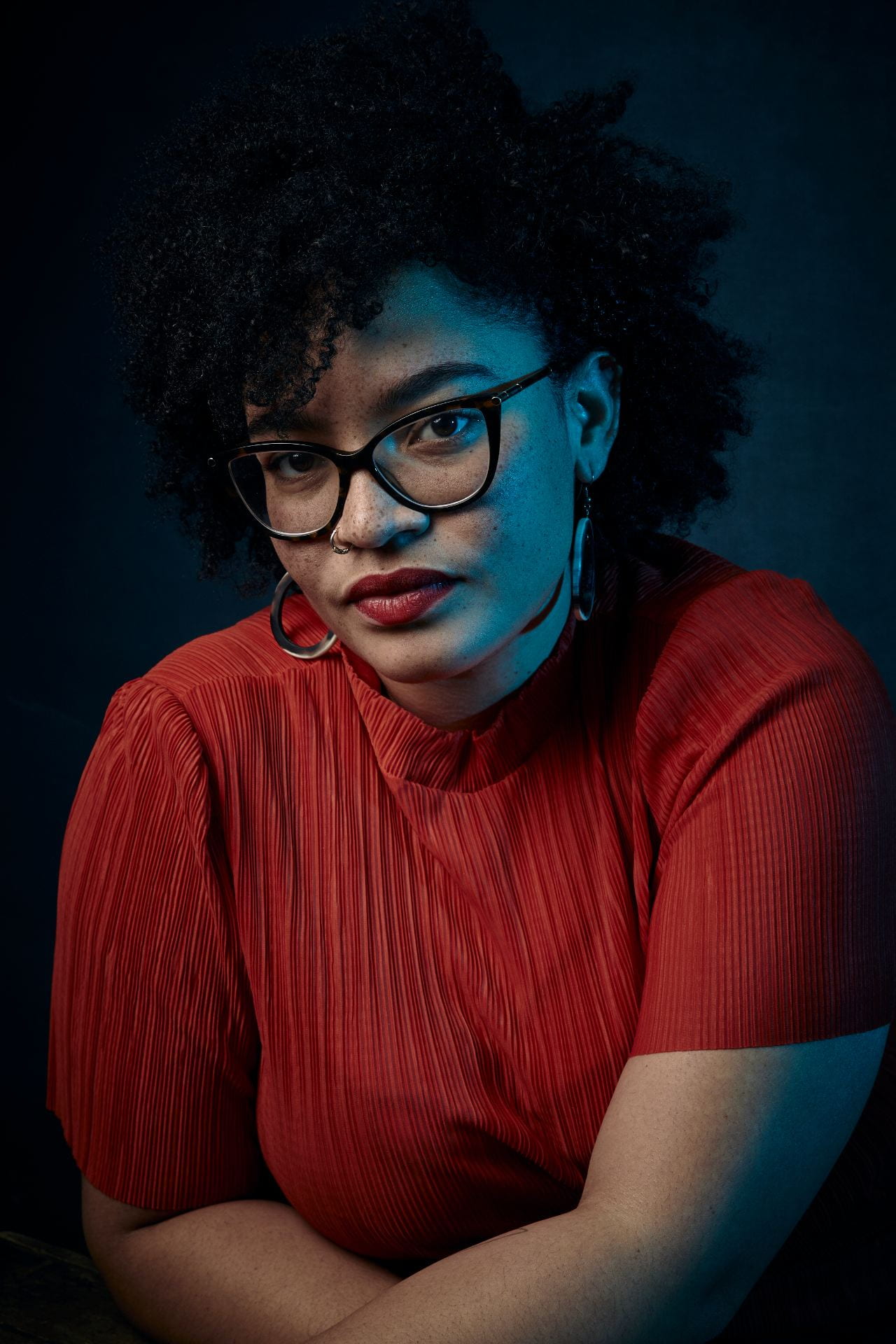
Ama Josephine B. Johnstone’s research considers Black ontologies of pleasure and care in the face of climate colonialism, across the fields of visual and literary arts, Black Studies, visual cultures and psychosocial studies.
Her PhD project asks: to what extent can the queer practices of Black artists working in Ghana and across the Black diaspora be traced to indigenous knowledges, everyday life practices, moments of ritual, or archived histories that speak to sensual, environmentalist lifeways, queered and wayward relations between the human and alter-life, which she theorises as Intimate Ecologies? Further, what sustainable strategies of resistance to climate colonialism might these practices – or erotics – manifest when speculating decolonial climate-changed Black futures? Image credit: Zachary Maxwell Stertz
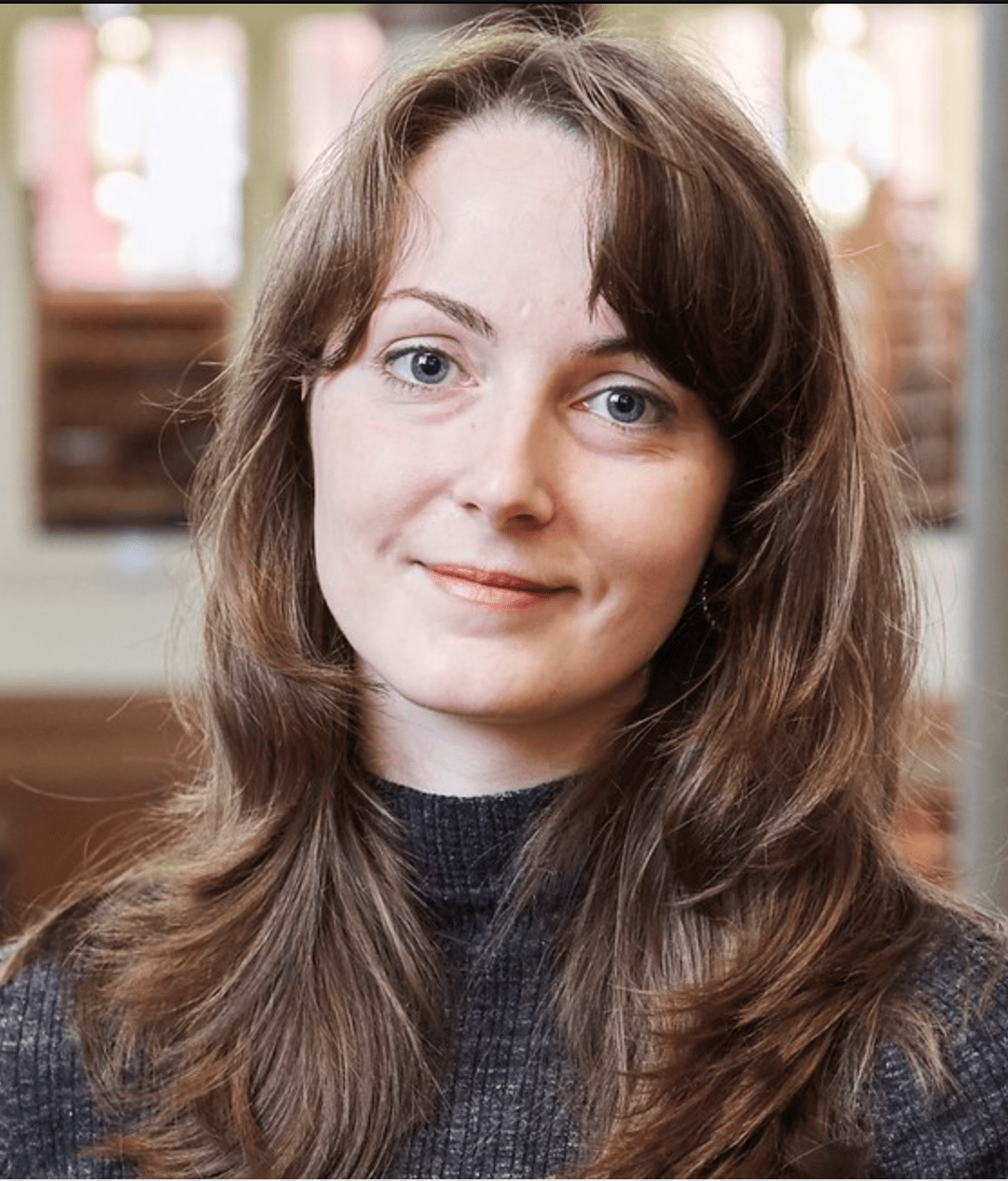
Frances Hemsley’s research interests are in African literary studies and the medical humanities. Her first monograph, Epidemi-ological Fictions: Writing Environment and Embodiment in African Literature (currently out for peer review), examines how African authors write environment and embodiment in ways that respond to, resist, and reframe colonial epidemiological “fictions” and the material histories associated with them. Her current postdoctoral research investigates genetic imaginaries in contemporary African literatures.
Frances has published on health and memory in Rwandan testimonial literature. Her recent article, ‘Reading heredity in racist environments: epigenetic imaginaries in Bessie Head’s The Cardinals’ is published in BMJ Medical Humanities.

Amber Lascelles is the Research Associate for Black Health and the Humanities, based at the Centre for Black Humanities, University of Bristol. Her broader research is interested in Black feminist resistance in contemporary Black women’s fiction, and how literary narrative might prompt us to challenge, and imagine alternatives to, the oppression and violence wrought under neoliberal capitalism. She was awarded her doctorate at the University of Leeds in September 2020.
Amber has published research and reviews in African and Black Diaspora: An International Journal, the Journal of Postcolonial Writing and Wasafari.

Lennon Mhishi is a Zimbabwean anthropologist with a background in migration and diaspora studies. His interdisciplinary work spans interests in the African diaspora, mobility and displacement, music, place, space and belonging, technologies of blackness and sound, and recently, creative and community-based approaches to contemporary forms of exploitation, forced labour and human rights in different African countries.
Lennon is committed to pursuing research agendas and activism that centres African, Global South and Majority World epistemologies and contributes to the debates on knowledge production, at the intersection of histories of coloniality and other forms of domination, negotiating the present, and imagining alternate futures and worlds.

Mavis Machirori is a health and social sciences researcher working in the field of health, genomic and digital data governance, and impacts on society. In this, she recognises the inequalities some members of society face, and so uses public engagement research to highlight some of the impacts of data practices on those specific groups.
Mavis’ work is starting to consider, beyond the general population, how good governance might enable a more just society in health. In addition, she is interested in these issues on a global arena.

Martin Munroe spent over 20 years as an Analyst at various global investment banks, including Citigroup and JP Morgan. A 2018 MA Creative Writing graduate of Royal Holloway, with Distinction, he made a career change. In 2020 he started a full time PhD in Creative-Critical Writing at the University of East Anglia, having been awarded a full Studentship from the CHASE consortium of the Arts and Humanities Research Council.
His research currently examines themes of black male masculinity and sexuality in contemporary Britain, under the supervision of Professor Tessa McWatt and Professor Alison Donnell.

Ayotunde Ojo’s research seeks to explore the significance of local capacity in achieving health goals through a historical study of international collaborative efforts between the World Health Organisation (WHO) and indigenous actors in Nigeria in responding to health challenges. Contemporary historical scholarship surrounding the studies of Global health intervention in Africa have an overemphasis on western international actors and have paid scant attention to the place of Africa’s capacity during partnership with international health institutions.
Ayotunde’s research contributes to the studies of decolonising global health history by exploring how the operational strategies employed by indigenous actors complemented WHO’s effort in Nigeria. Image credit: World Health Organization, 2018.
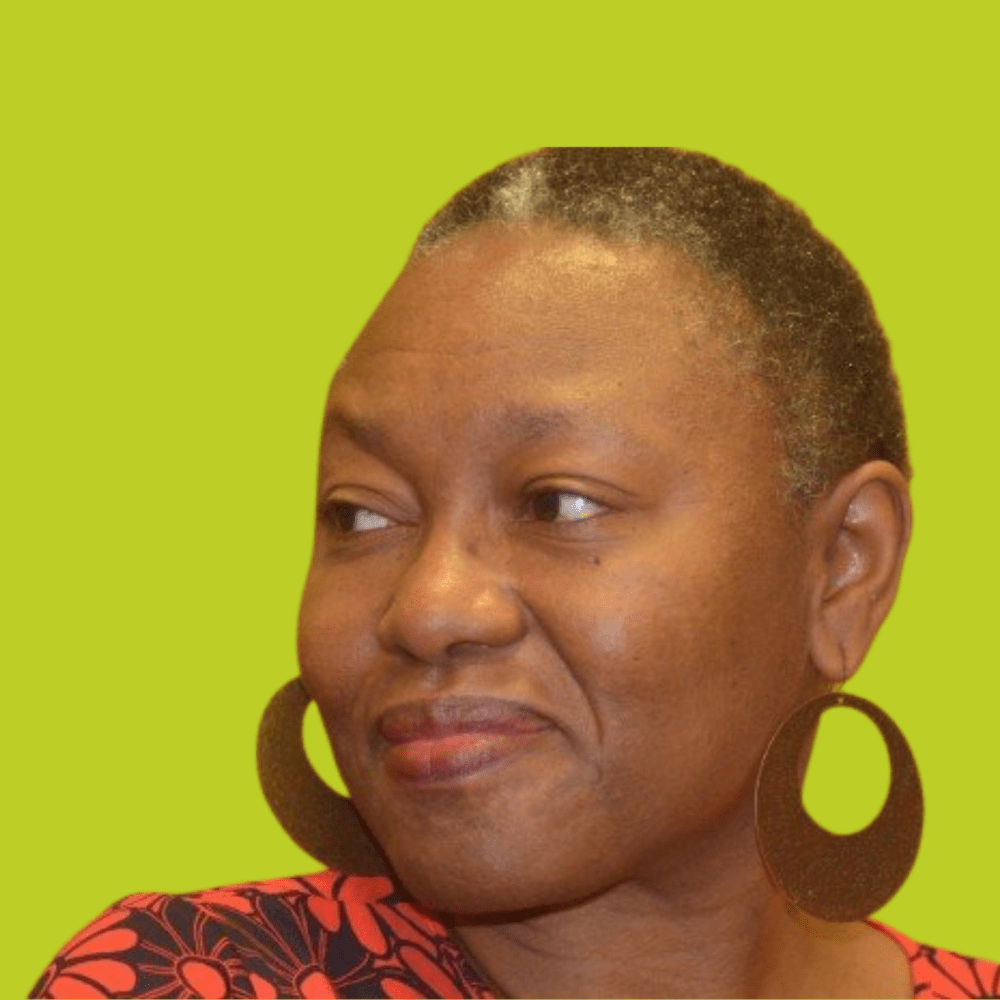
Dr Yewande Okuleye is an ESRC Innovation Fellow at the University of Leicester in the Department of Genetics. Yewande’s interdisciplinary research in health humanities, science and qualitative research design investigates methods and systems which reveal and recover overlooked, misrepresented, and forgotten histories.
This practice is informed by Audre Lorde’s call for us “to speak truth to power”: to activate civic empowerment. Yewande invokes art, music, poetry, and performance as channels to encourage discussions about power, race and transformation. Yewande delivers research design positionality workshops in academia, public and private sectors.

Chimwemwe Phiri is a second year PhD student at Durham University and her project draws on archival material related to two former British colonial medical officers deployed to Malawi and Sudan.
Chimwemwe received an MSc in Visual, Material and Museum Anthropology from the University of Oxford in 2018. Her research interests lie between medical anthropology and history and she employs a range of methods including archival research, visual analysis and curatorial practice in her work.

Niquita Pilgrim is a mental health practitioner, PhD scholar and director of the grassroots community organisation The Cultural Connection, which uses lived theory, academia and professional experience to co-produce and deliver therapeutic interventions for racial-ised, marginalised, and socially excluded communities with insufficient access to health and social care.
At the intersection of psychology, psychiatry, sociology and cultural studies, Pilgrim’s research centres ethnonational identification and belonging to challenge Eurocentric assumptions regarding the mental health experiences of African Caribbean individuals.
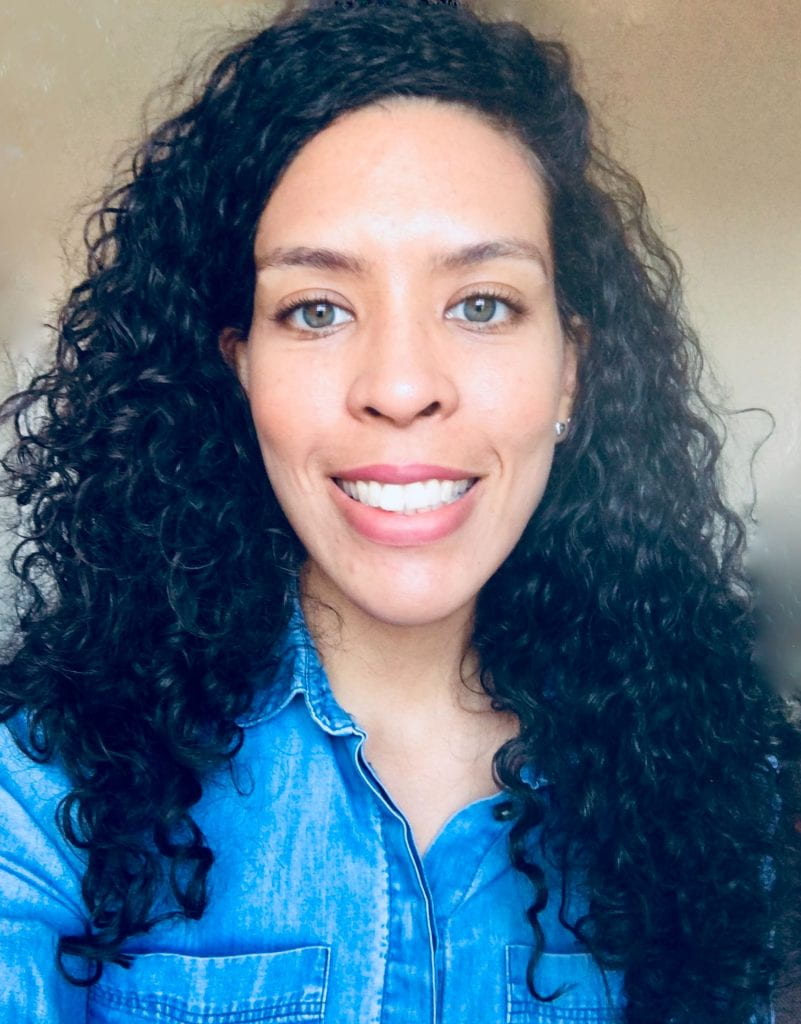
Dr Tanisha Spratt is a medical sociologist in the Nuffield Department of Primary Care Health Sciences, University of Oxford. She received her PhD in sociology in 2019 from the University of Cambridge, where her thesis focused on the politics of social (in)visibility in the everyday lives of US patients with one of two chronic diseases: alkaptonuria (AKU) and vitiligo, utilizing a sociological case-study methodology to examine the relationship between social (in)visibility, chronic illness, race and inequality.
In so doing, it examined and brought together a number of case studies, including: the role of everyday forms of racial discrimination in embodied perceptions of health, how persistent levels of health inequity are shaped by the current racialized landscape of medicine, the ways in which mental ill health leads to physical ill health amongst minority populations, and the importance of black social theory in addressing the needs and experiences of black patients.

Shelda-Jane Smith’s research focuses on critical studies of biomedical and psychological practice, biopolitics and youth. Engaging with Science and Technology Studies (STS) and postcolonial theory, her research aims to pluralise understandings of health beyond biomedical and clinical definitions using a variety of creative and qualitative methodologies.
Based at the University of Liverpool, she is currently working alongside Afro-descendant and Indigenous Maya communities in the Caribbean focussing on anti-colonial/-capitalist social movements as a means of fostering collective empowerment, health and wellness.
Shelda-Jane’s research is also informed by her creative/artistic practice and she is a founding member of Liverpool-based surrealist collective, Surrealerpool.
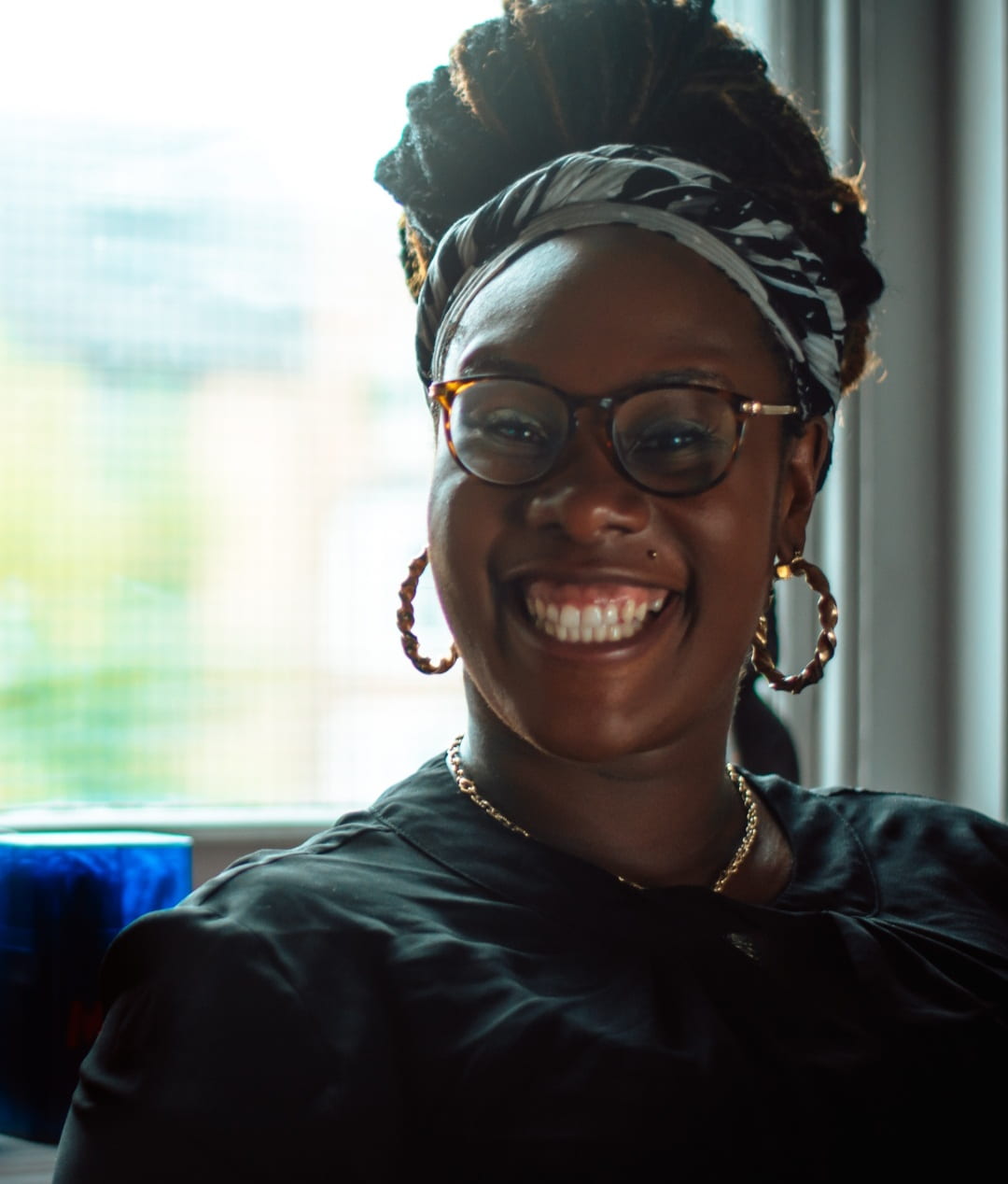
Rianna Raymond-Williams is a writer, researcher, and social entrepreneur from East London. She is the founder of Shine ALOUD UK (C.I.C), a social enterprise that uses creative media and peer-led training to empower young people and adults who work with young people to have healthier conversations about sexual and reproductive health which in turn intends to create better sexual health outcomes.
As a freelance journalist, she has written for the likes of The Voice newspaper, Black Ballad, and The Independent, and most recently SH:24. She currently works as a sexual health advisor for the NHS and is studying for her PhD at Glasgow Caledonian University in London, where she intends to explore how young Black women make sense of their sexual identity in the UK.
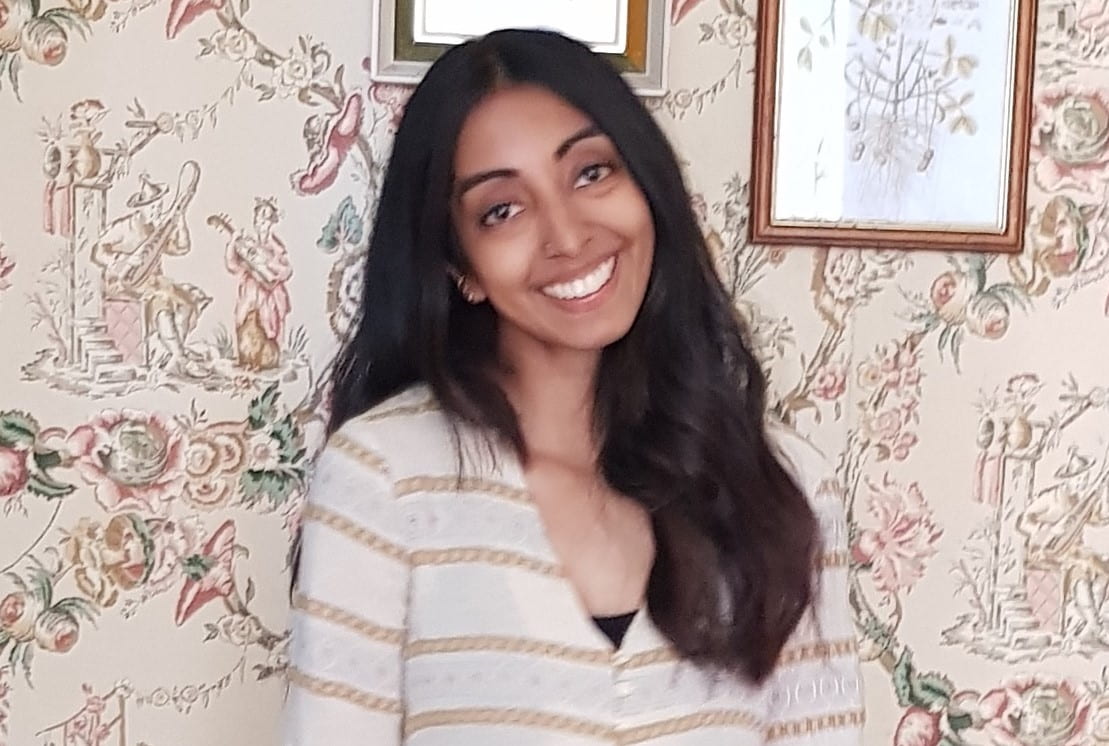
Arya Thampuran is a PhD candidate and teaching assistant at Durham University’s English Studies department under a Durham Doctoral Studentship, working on a thesis entitled Decolonial Approaches to Trauma, Mental Health, and Indigenous Healing in Contemporary African Contexts.
Drawing on fiction, life writing, visual art, television and film, she explores how representations of embodied distress productively resist or re-script Euro-American psychiatric narratives of illness and healing.
Her research positions psychiatric practices at the nexus of neocolonial, neoliberal, and neural discourses: from colonial ethnopsychiatry to the present biopsychiatric turn, she interrogates how ideas of ‘(well)being’ emerge through these intersecting discourses to produce the distressed subject and endorse a particular recovery telos. Arya is interested in reading distress in depathologised ways– ones that might disrupt dominant clinical framings of distress as ‘disorder’.

Emily Timms’ research works at the intersection of postcolonial studies, ageing studies, and dementia studies. In her doctoral thesis she explores how age and ageing are figured in literary and cinematographic texts as interrelated loci for reimagining intergenerational relations beyond the colonial legacies pervading Māori and Caribbean communities.
In doing so, she interrogates racialised beliefs underpinning gerontological understandings of ‘successful’ ageing and the individualist, ableist, and productiv-ist logics underpinning systems of care and conceptualisations of ageing health and wellbeing throughout the (White) Global North.
At present, Emily is developing decolonial and anti-racist approaches to dementia and care in Black intergenerational contexts.



